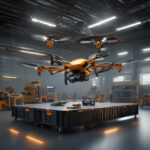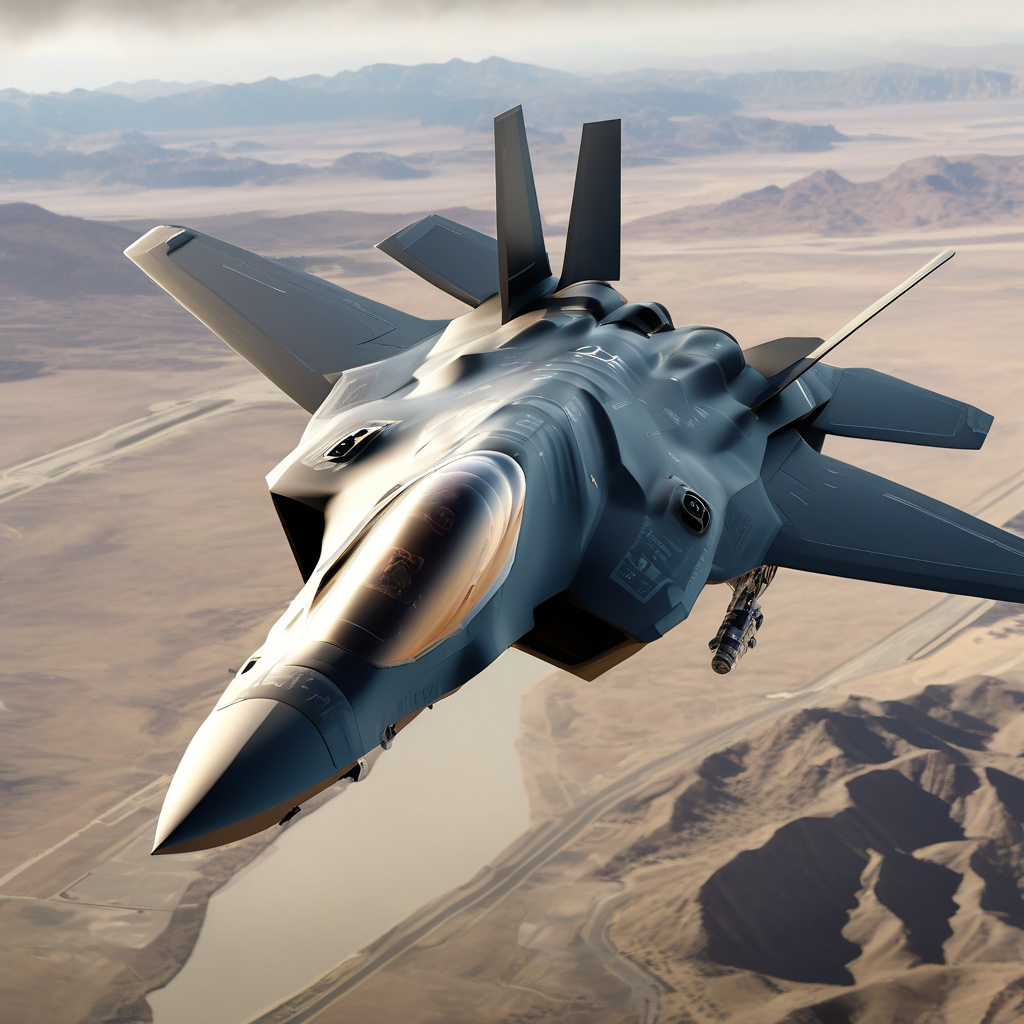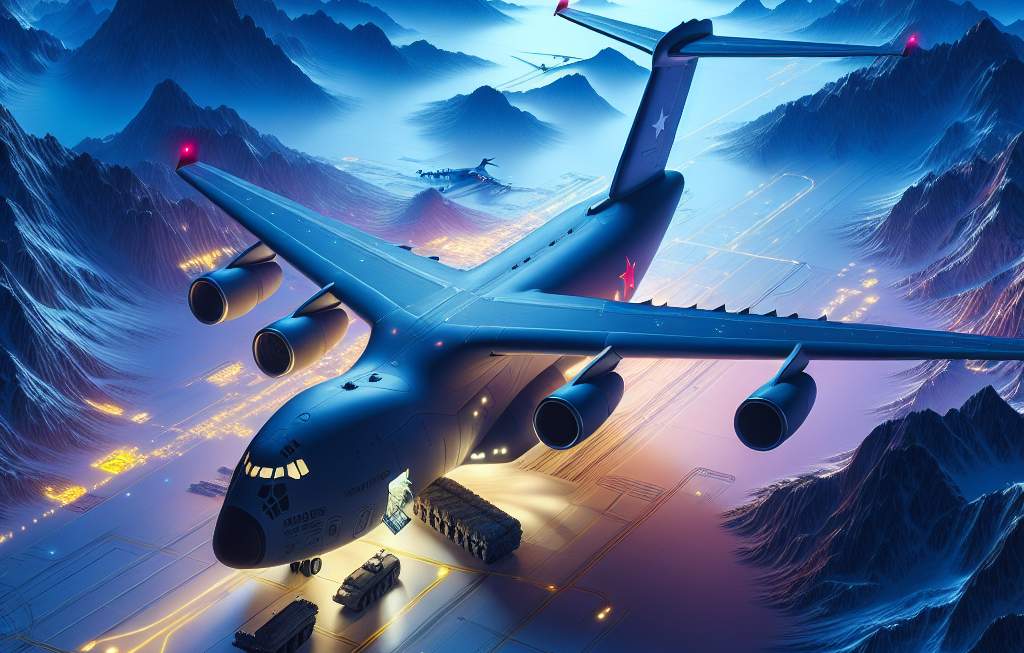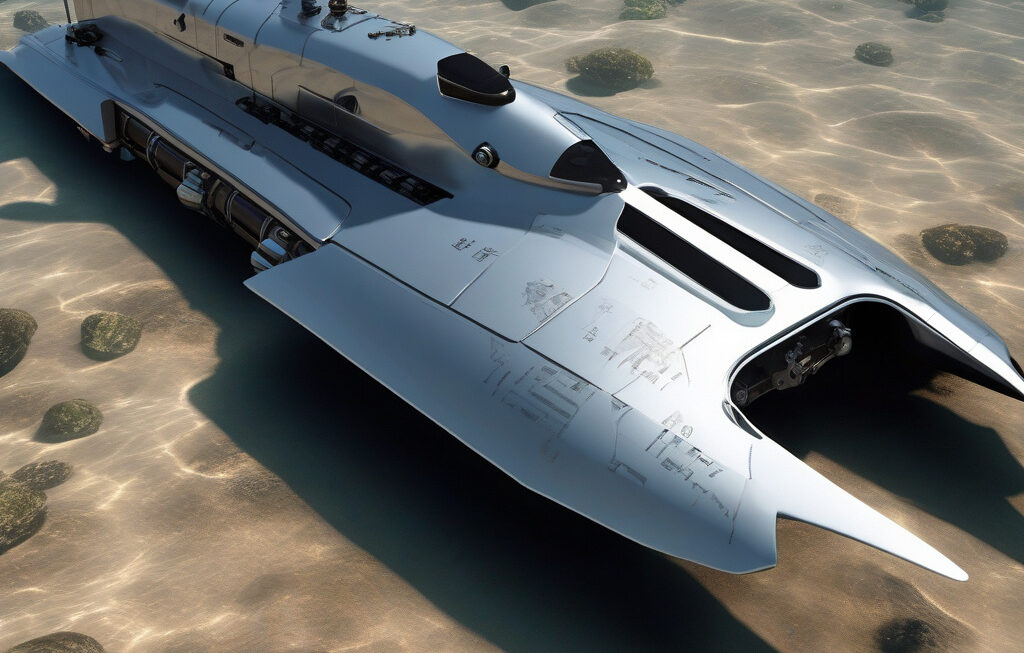Future F-35s Can Fly Without Pilots, Lockheed to Introduce New Capabilities: Report
New versions of F-35 may not require pilots for every operation as Lockheed Martin plans to introduce groundbreaking capabilities. The aerospace giant is pushing boundaries by exploring the realm of autonomous flight, a move that could revolutionize the future of military aviation.
Autonomous flight has been a hot topic in the defense industry for some time, with many experts touting its potential to enhance mission effectiveness and reduce human risk. Lockheed’s endeavor to develop pilotless F-35s is a significant step towards this futuristic vision.
One of the key advantages of unmanned F-35s is their ability to execute missions that would be too dangerous or challenging for human pilots. These aircraft can operate in high-risk environments, gather intelligence, and even engage in combat without putting human lives on the line. This capability could prove to be a game-changer in modern warfare, where minimizing risk is paramount.
Moreover, autonomous F-35s could offer cost savings in the long run. By eliminating the need for onboard pilots, these aircraft could potentially be smaller, lighter, and more fuel-efficient. This, in turn, could lead to reduced operational costs and increased mission range, making them a more attractive option for military planners.
However, the road to fully autonomous F-35s is not without its challenges. Safety and security concerns loom large, with questions surrounding the reliability of autonomous systems and the potential for cyber threats. Ensuring that these unmanned aircraft can operate effectively in complex and dynamic environments will require rigorous testing, validation, and collaboration with regulatory bodies.
Despite these challenges, Lockheed’s pursuit of pilotless F-35s represents a bold step towards the future of military aviation. The company’s commitment to innovation and pushing the boundaries of what is possible underscores its position as a leader in the aerospace industry.
As technology continues to advance at a rapid pace, the possibilities for autonomous flight are expanding. From unmanned aerial vehicles to autonomous fighter jets, the future of aviation is increasingly being shaped by automation and artificial intelligence. Lockheed’s efforts to develop pilotless F-35s are a testament to this trend and a glimpse into what the future may hold.
In conclusion, the prospect of future F-35s flying without pilots is an exciting development that could have far-reaching implications for military operations. As Lockheed Martin works towards introducing new capabilities in autonomous flight, the aerospace industry is poised for a transformation that could redefine the nature of aerial warfare.
#aerospace #autonomousflight #LockheedMartin #F35 #futureofaviation












